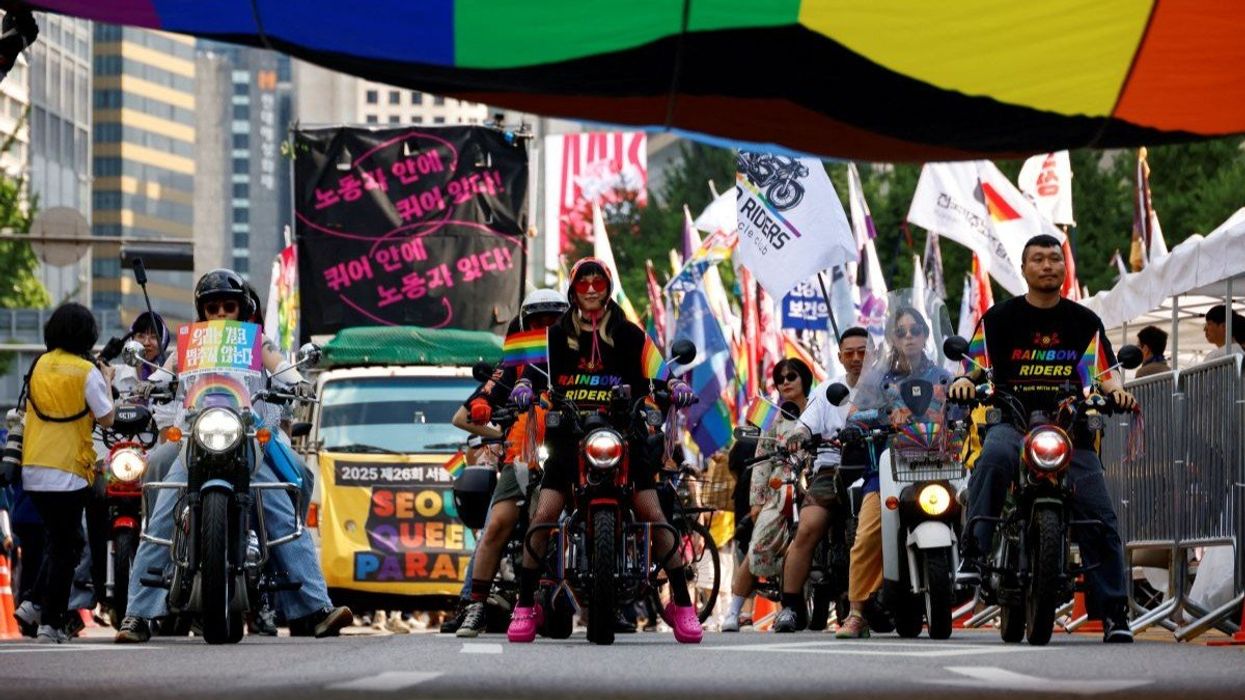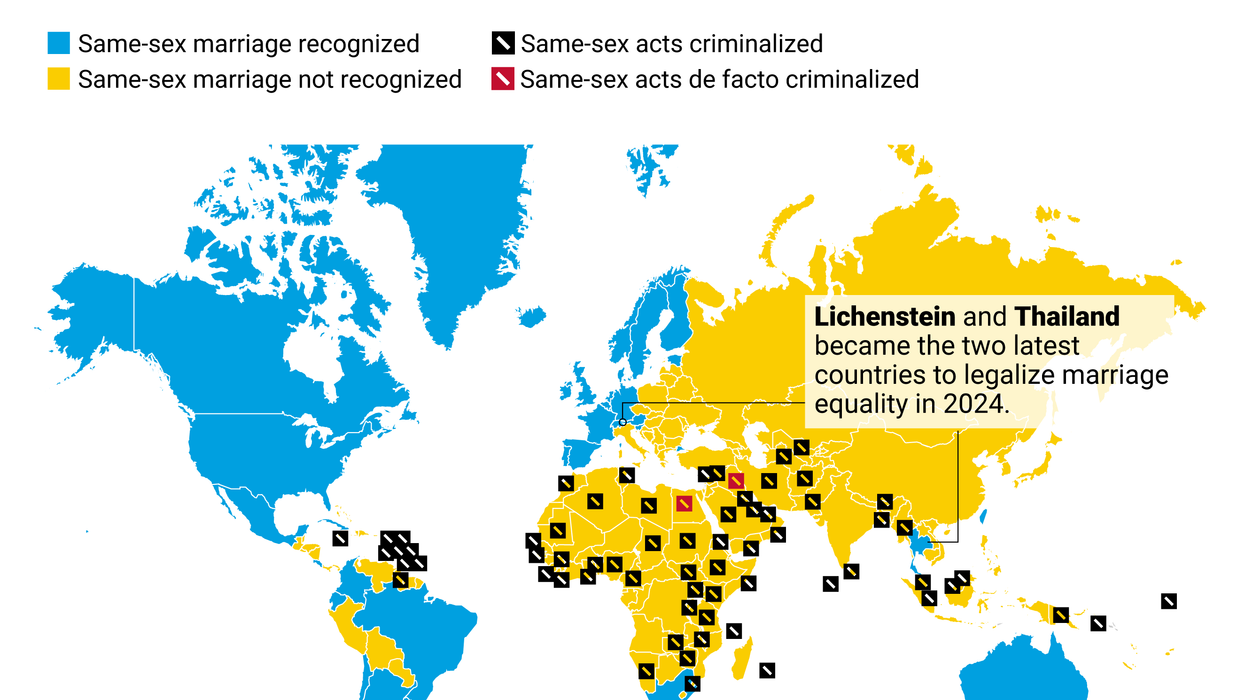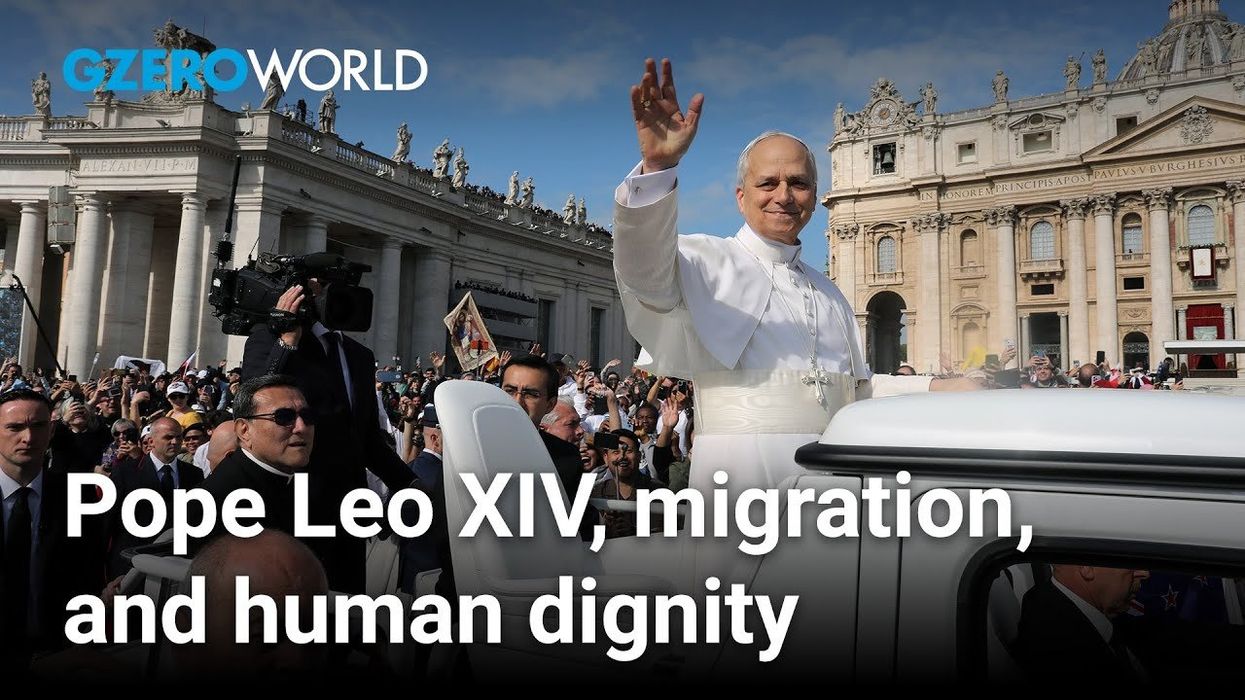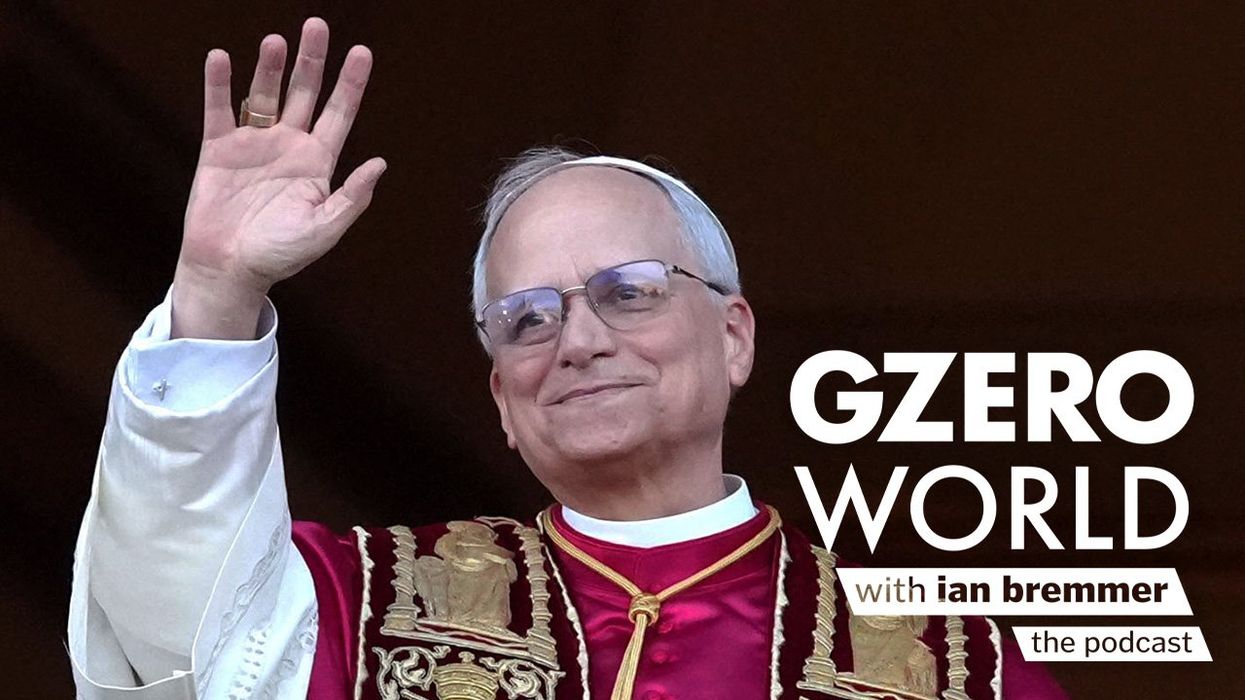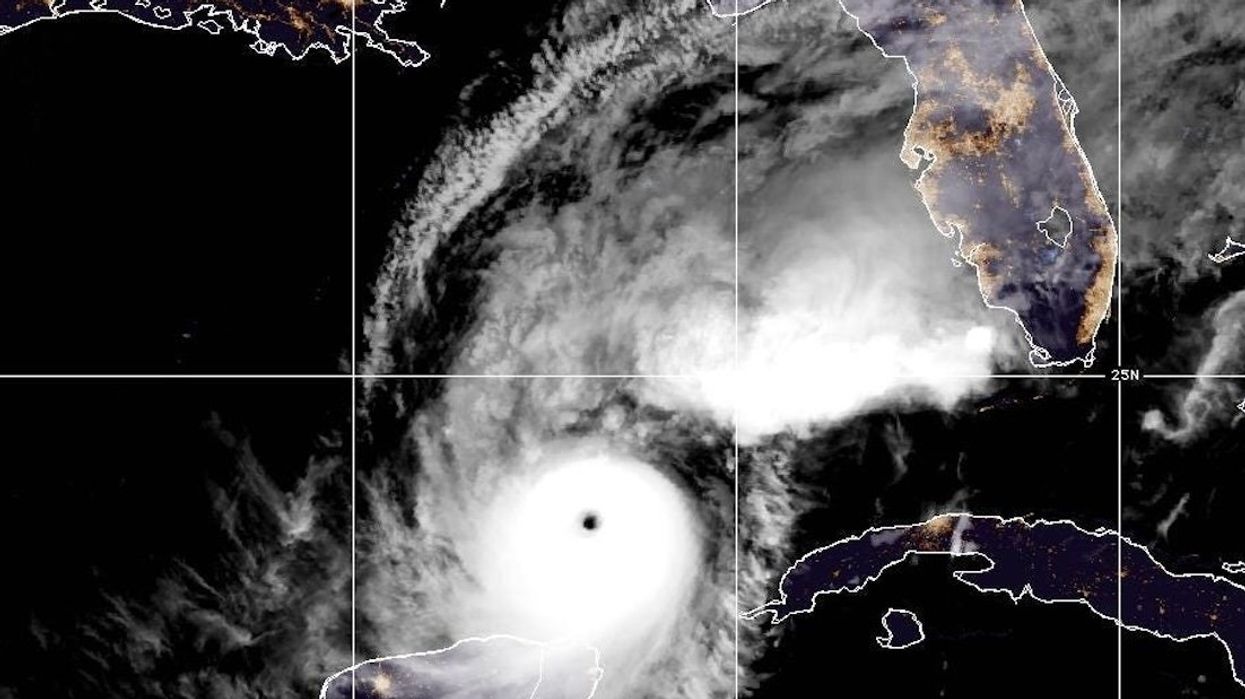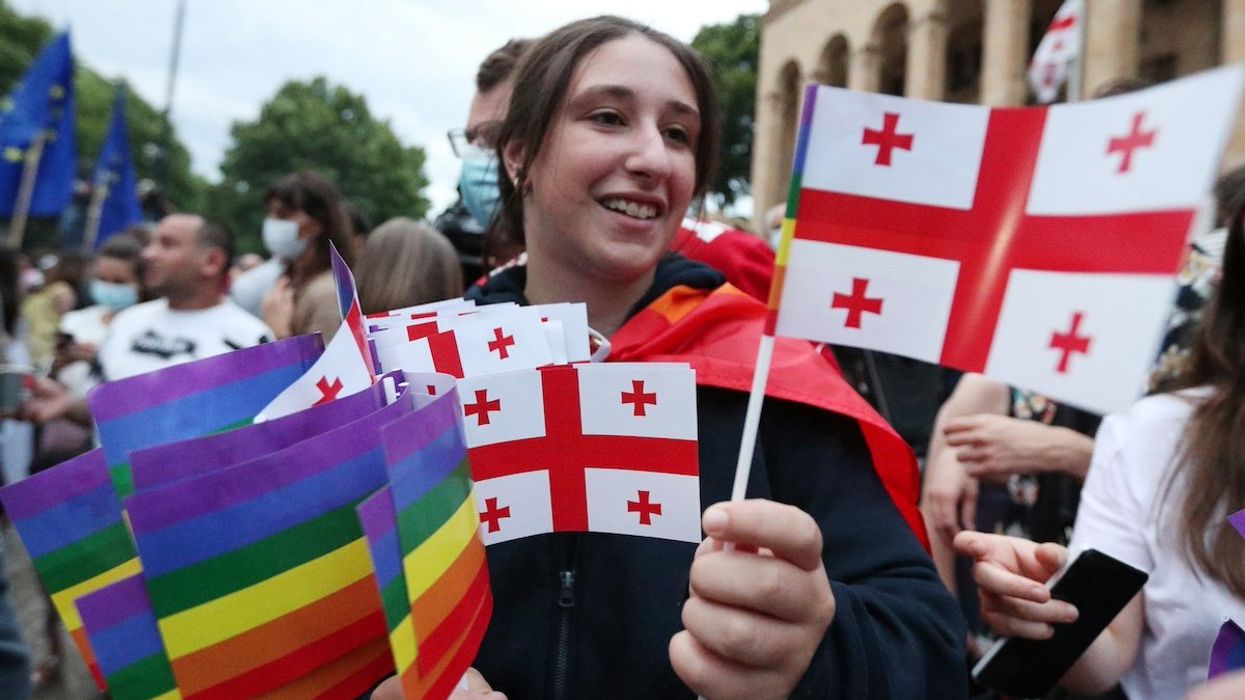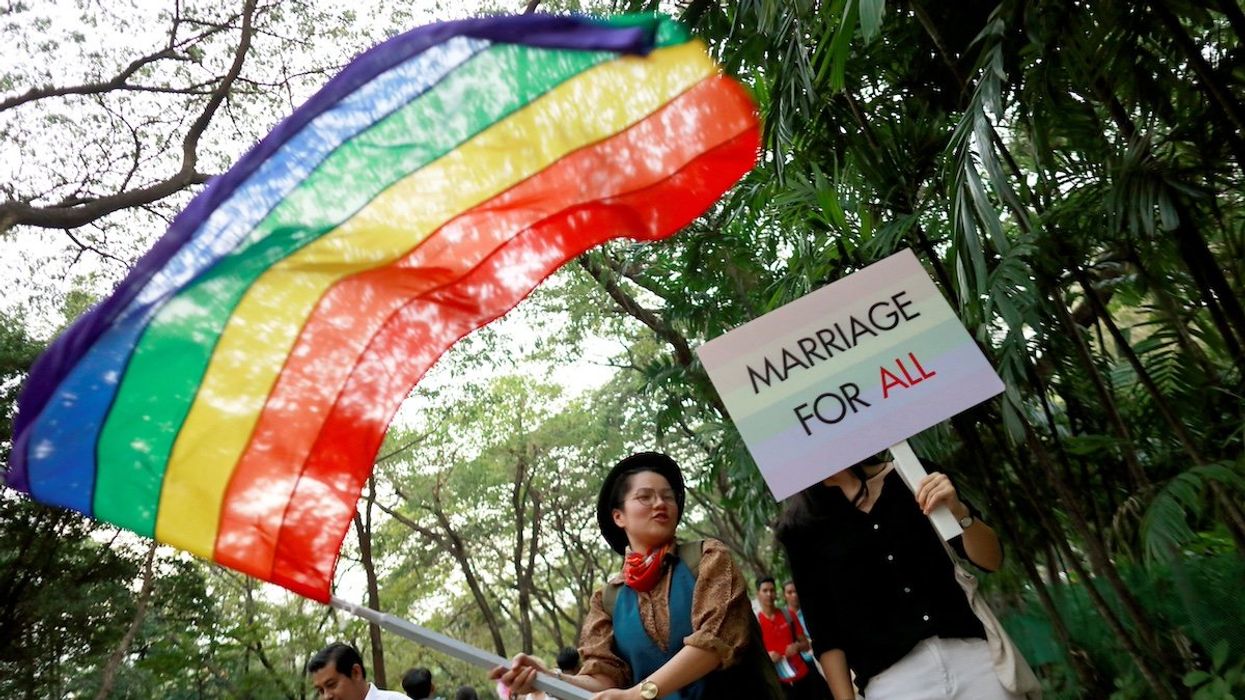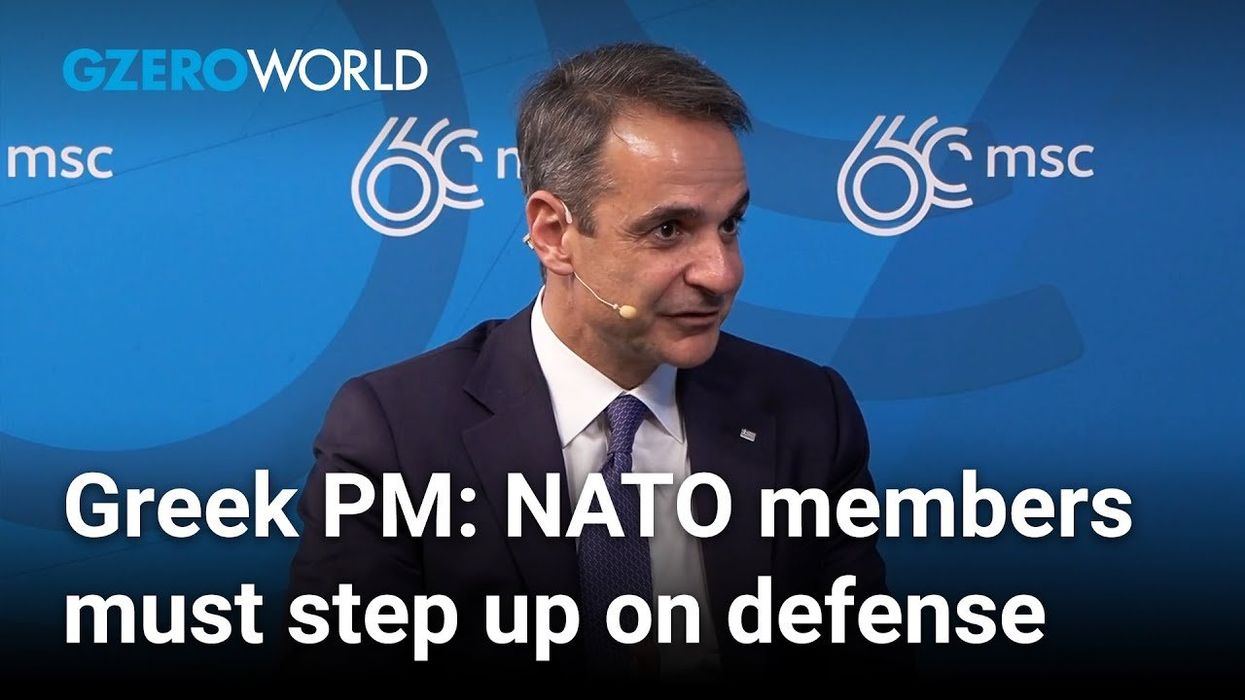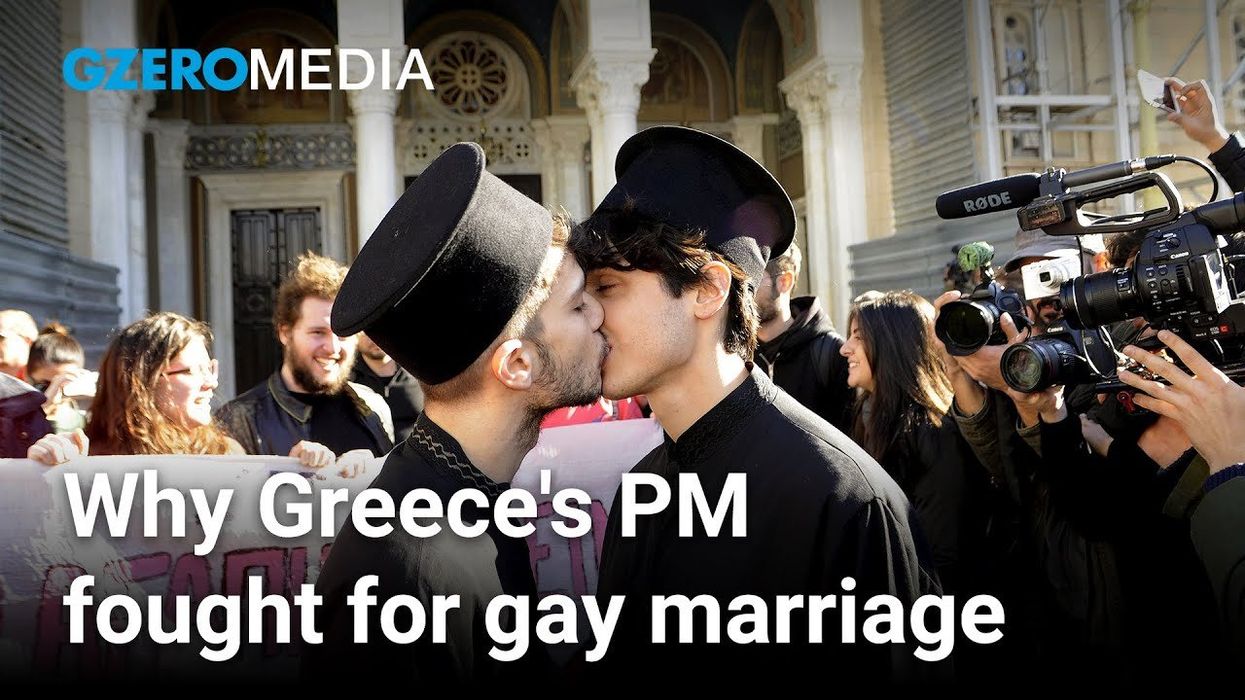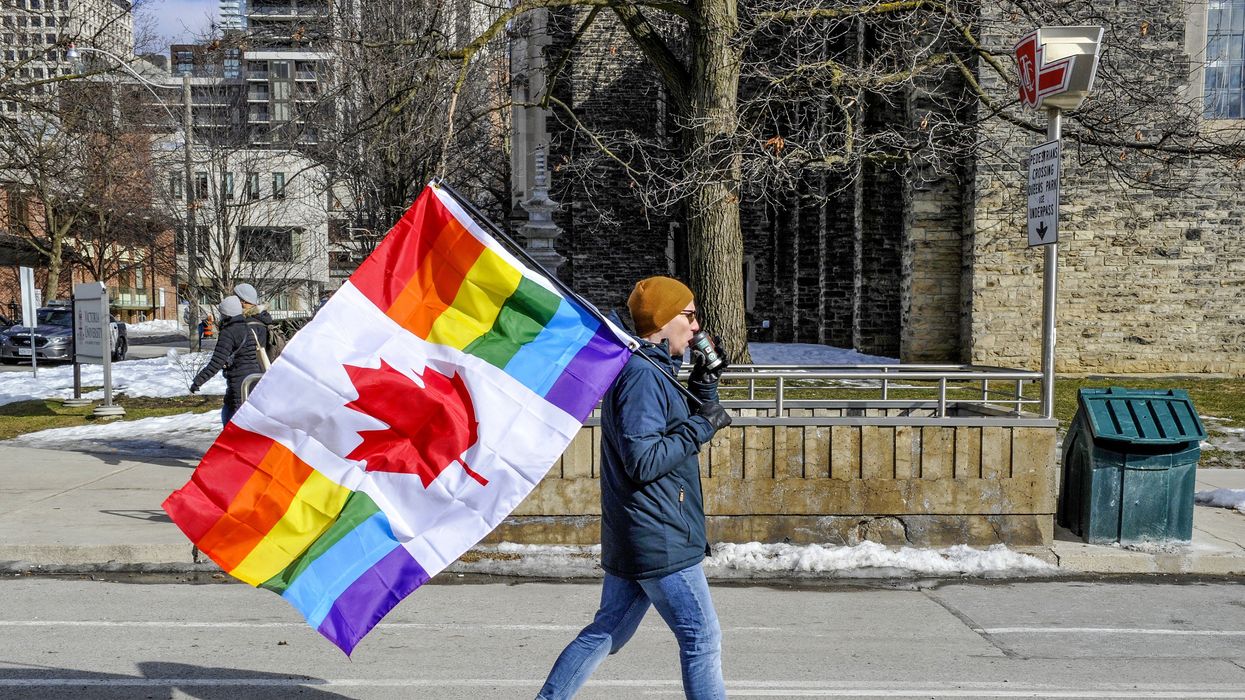Hard Numbers
Hard Numbers: A Pride Month look at LGBTQ+ rights and challenges around the world
June is recognized in more than 100 countries in the world as “Pride Month,” marking 55 years since gay liberation marches began commemorating the Stonewall riots – a pivotal uprising against the police’s targeting of LGBTQ+ communities in New York.
Jun 20, 2025
